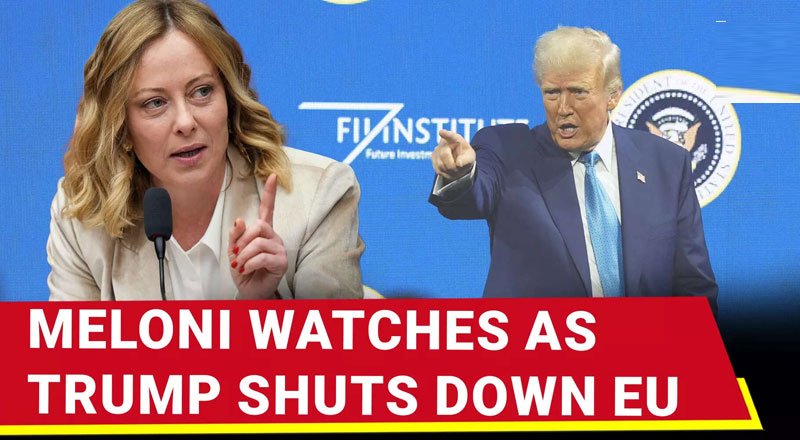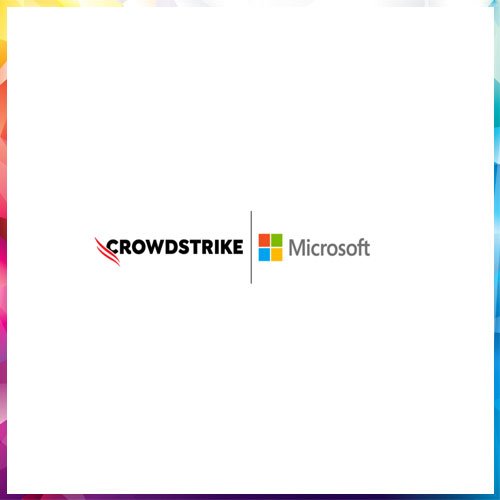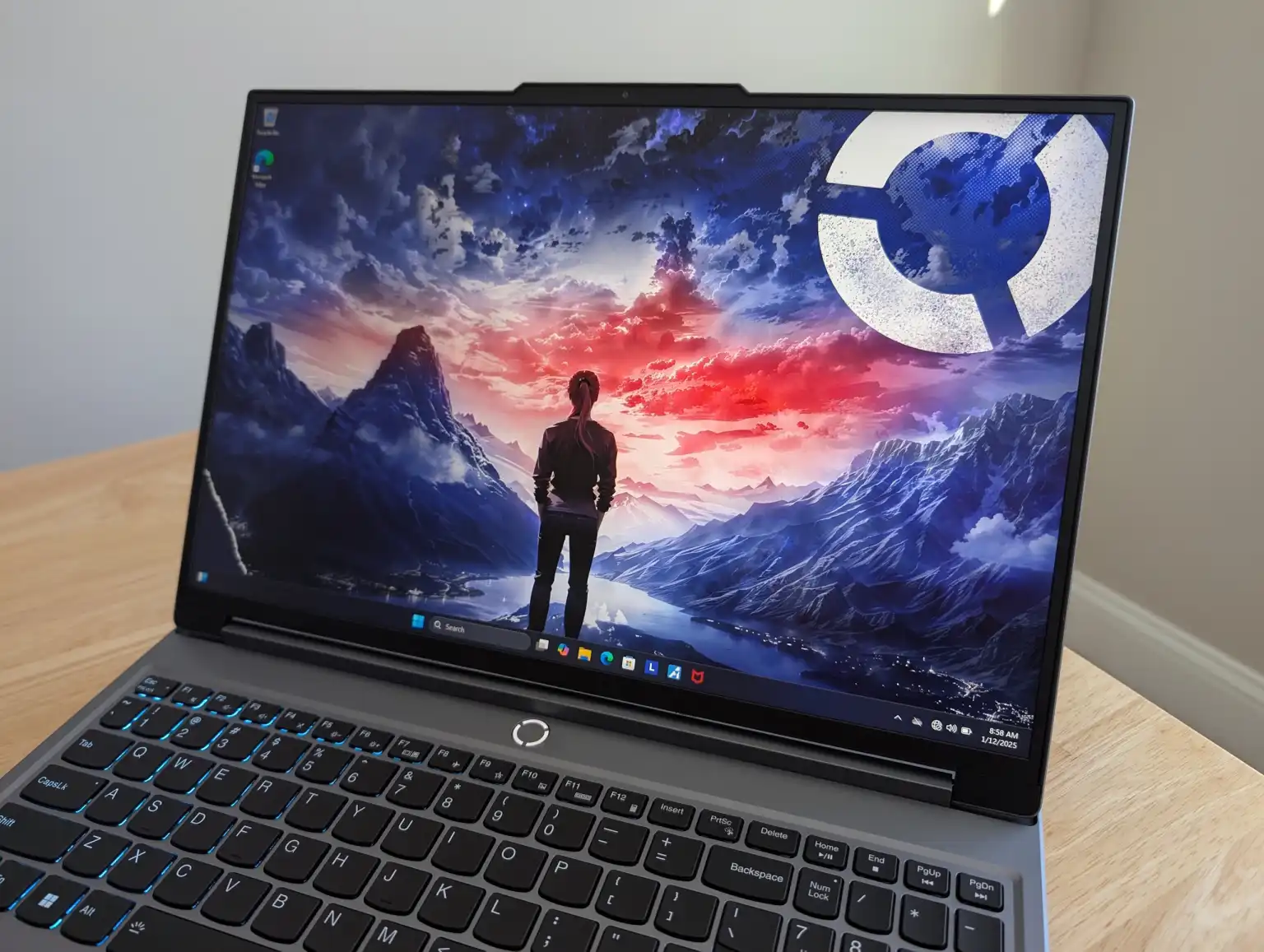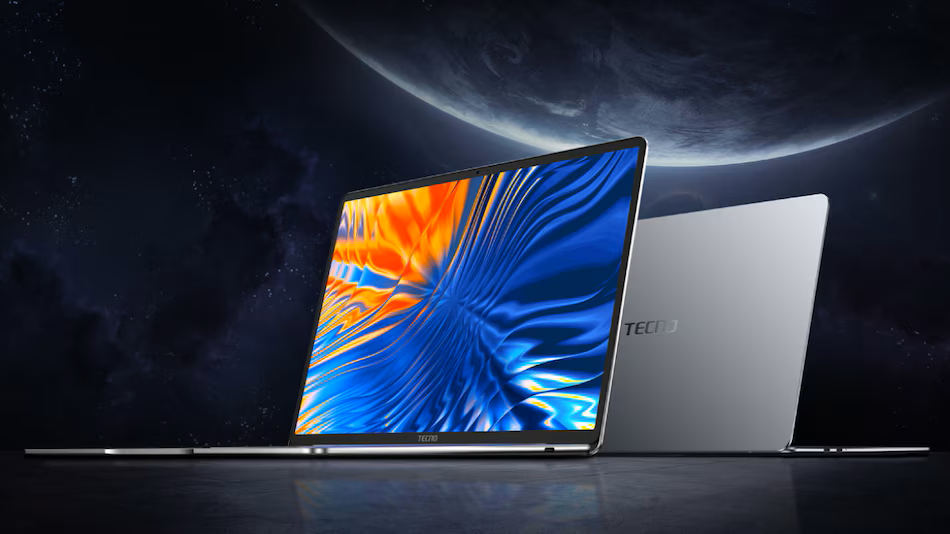
Tariff Face Off: Meloni Steps in as Europe Eyes Trade Truce with Trump
A Familiar Economic Flashpoint
As transatlantic diplomacy braces for another round of friction, Italy's Prime Minister Giorgia Meloni has taken center stage in efforts to defuse tensions around Donald Trump’s proposed tariffs on European goods. Originally introduced during Trump’s presidency to correct trade imbalances and protect American manufacturing, the tariffs targeted key European exports like steel, automobiles, and agriculture.
While Trump framed the move as necessary, European leaders branded it aggressive and destabilizing, triggering years of trade uncertainty. Now, as Trump hints at reinstating the policy, EU nations are scrambling once again to restart dialogue—this time, with Meloni playing the role of emissary.
Europe Responds: Reopening the Backchannel
The original tariff standoff drew widespread criticism across the EU, with countries warning of retaliatory steps and economic fallout. While relations remained strained, several European nations quietly opened diplomatic backchannels with Washington.
In Trump’s renewed push for tariffs, Meloni’s visit to the White House marks Europe’s latest attempt to avoid another economic confrontation. Acting on behalf of the EU, she sought to gauge Trump’s stance and keep trade talks alive during a 90-day pause window.
The Visit: Trade Talks and a Viral Exchange
At their Washington meeting, both Meloni and Trump expressed confidence in reaching a trade agreement. Trump was optimistic, declaring he was “100% certain” a deal could happen—though he added, “We’re in no rush.”
But it was a brief exchange with a reporter that made headlines. When asked whether Trump had called Europeans “parasites,” Meloni quickly jumped in: “He has never said it.” Turning to Trump, she asked directly, “Have you said it?” He responded, “No,” brushing off the question and prompting laughter.
The clip went viral, adding an unexpected dose of political theatre to a serious diplomatic mission.
Meloni's Diplomatic Bet
Meloni also extended an invitation for Trump to visit Rome, hinting at a possible broader dialogue with European leaders. “I want to thank President Trump for accepting the invitation and considering a meeting with Europe,” she said.
Her assertive defense of Trump and invitation have drawn mixed reactions. Supporters see it as savvy diplomacy; critics warn it could strain ties with EU leaders who remain wary of Trump’s combative approach to alliances and trade.
What Lies Ahead
Meloni’s Washington visit underscores a central truth in today’s geopolitics: trade is inseparable from political messaging. Her defense of Trump may help open diplomatic doors, but it also highlights a fragile European consensus on how to approach U.S. policy under Trump.
As the 90-day tariff freeze counts down, the pressure is on for a breakthrough. Whether Meloni’s gambit leads to an enduring agreement—or merely postpones another tariff war—remains to be seen.
(With inputs from agencies)






